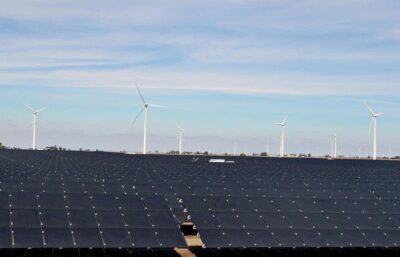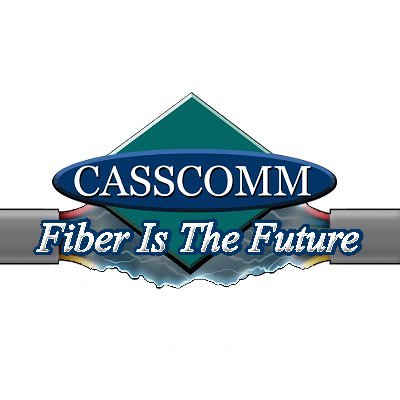Governor J.B. Pritzker laid out his long-term goals for energy in the state and subtlety placed language in the proposal to distance the state from ComEd. The plan includes lofty goals for a clean energy future, specific objectives for carbon emissions and vehicle electrification, and abject admissions of power companies helping to shape legislation in Springfield.
Pritzker’s plan is written as a set of guidelines to drive energy negotiations, rather than specific legislative proposals. The first of the plan’s eight points centers on ethics and transparency for utility companies with 12 sub-points which are likely aimed at rebuilding the public’s faith in utilities.
First on the list, the governor’s office seeks to end automatic formula-based rate increases which greatly reduced the role of the Illinois Commerce Commission as an oversight entity – those automatic adjustments were established in the Energy Infrastructure Modernization Act of 2011. The governor’s plan would require utilities to put in requests with the ICC each time they want to raise rates and then justify their need for the increase.
Other transparency measures aim to: prohibit utilities from recovering charitable donations; strengthen transparency requirements for communication with regulators; require a third-party audit of utility infrastructure expenditures; require expanded ethics filings for legislators, lobbyists and executive officeholders; and require reporting on grid-related innovation.
The plan also calls for a reexamination of current subsidies such as Zero Emission Credits, which passed as part of 2016’s Future Energy Jobs Act to help the state’s nuclear power plants. The administration also is seeking to stabilize energy credits for wind and solar power producers, as well. The proposals also are taking aim at coal-fired power plants in the hopes of phasing them out.
Another portion of the plan focuses on consumer affordability protections, and calls for greater contributions from utilities to the state’s Percentage of Income Payment Program and low-income energy efficiency programs. It also calls for eliminating online payment fees for utility bills and prohibiting natural gas companies from assessing automatic monthly surcharges for infrastructure investments.
The plan also has a short section acknowledging the need for a statewide plan to support communities that have seen coal plant closures. In the section of the plan, it asks for local governments to engage in climate planning and a plan for community energy as well as providing additional support to displaced coal plant workers.
The plan also is asking for the state to push the total of electric vehicles in the state to 750,000 by the end of the decade. Strategies to get there include tax incentives for electric vehicle companies locating in Illinois and other incentives for businesses and residences installing charging stations. Increasing battery storage capacity for renewables is also considered in the plan with the goal of creating an energy storage program for the state.
Another point of the plan is to advance equity in the clean energy economy, including by incentivizing renewable energy providers to contract with diverse suppliers through tax credits and exemptions among other efforts. Other goals include advancing energy efficiency in homes and home appliances through various programs.
The Illinois Chamber of Commerce has praised the plan. ICC President and CEO Todd Maisch said in an issued statement today that the governor has saved ratepayers in Illinois, including residential customers and small businesses, an estimated $414 million by ruling out an Exelon bailout. Maisch called the plan thoughtful and diverse in dealing with both ratepayers and environmental needs for the state.




